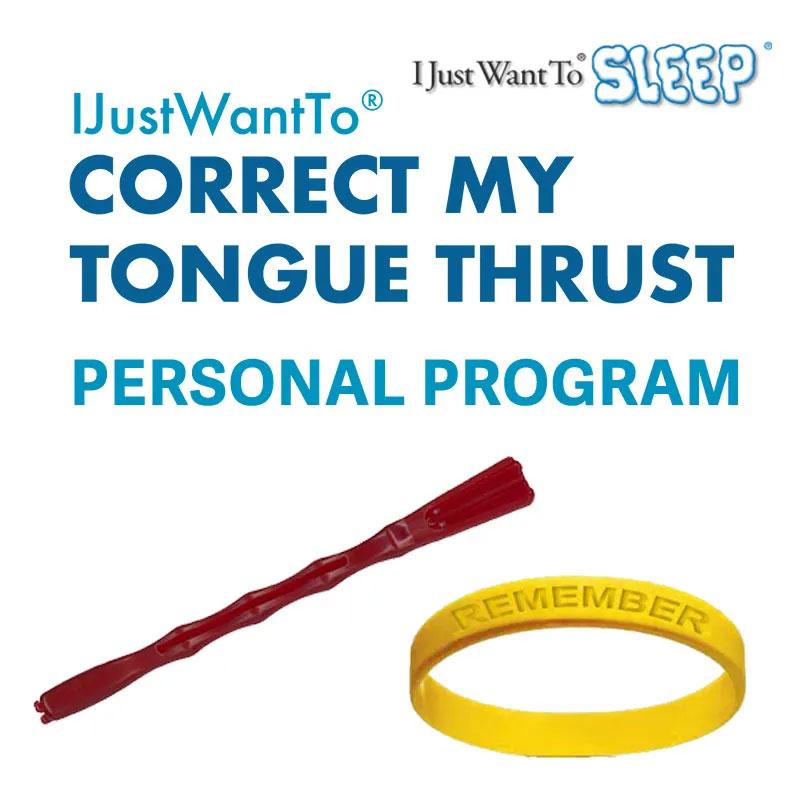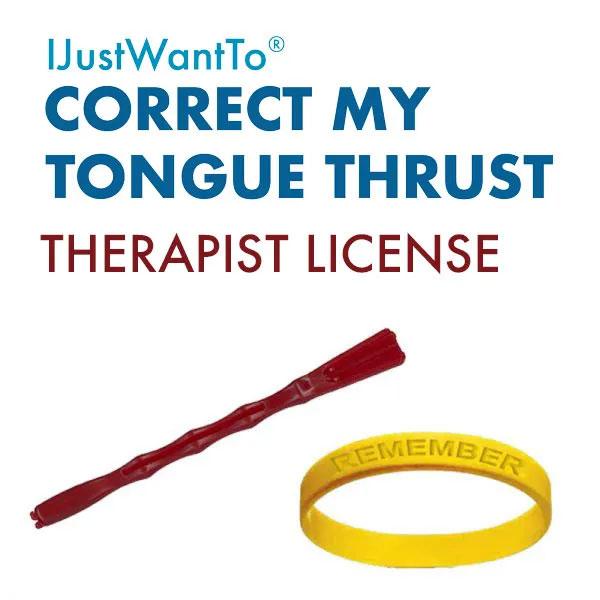Children and adults who lisp can be mocked or teased by their peers. Many children don't know they have a lisp and if a friend teases them, they may not realize what the real problem is or how to help. Most school speech therapists do not treat a lisp because it's not considered an "educational problem." This is a reason so many people make it through school with a lisp and are used to the way of speaking or feel they are too old to get treatment.
Does a lisp interfere with a listener's ability to understand a lisper?
Usually, no. The listener probably hears something different, but can still understand what is being said. This is a reason many adults do not seek treatment for their lisp because it does not interfere with people understanding them.
How do you correct a lisp?
Instead of teaching someone how to say the "s" or "z" sound, it makes more sense to make the muscles stronger in the mouth, tongue and lips. We do this by doing exercises that are practiced each day during the 7-week program. The "s" and "z" sounds usually take care of themselves because the tongue learns to "live" in the right position in the mouth.
How effective is this treatment?
If someone does the exercises as prescribed each day (about 15-20 minutes each day), there has been a 100% effective rate in correcting a lisp.
What can you do to fix this? Check out our Tongue Thrust program designed to fix snoring but also any issues with the tongue.


